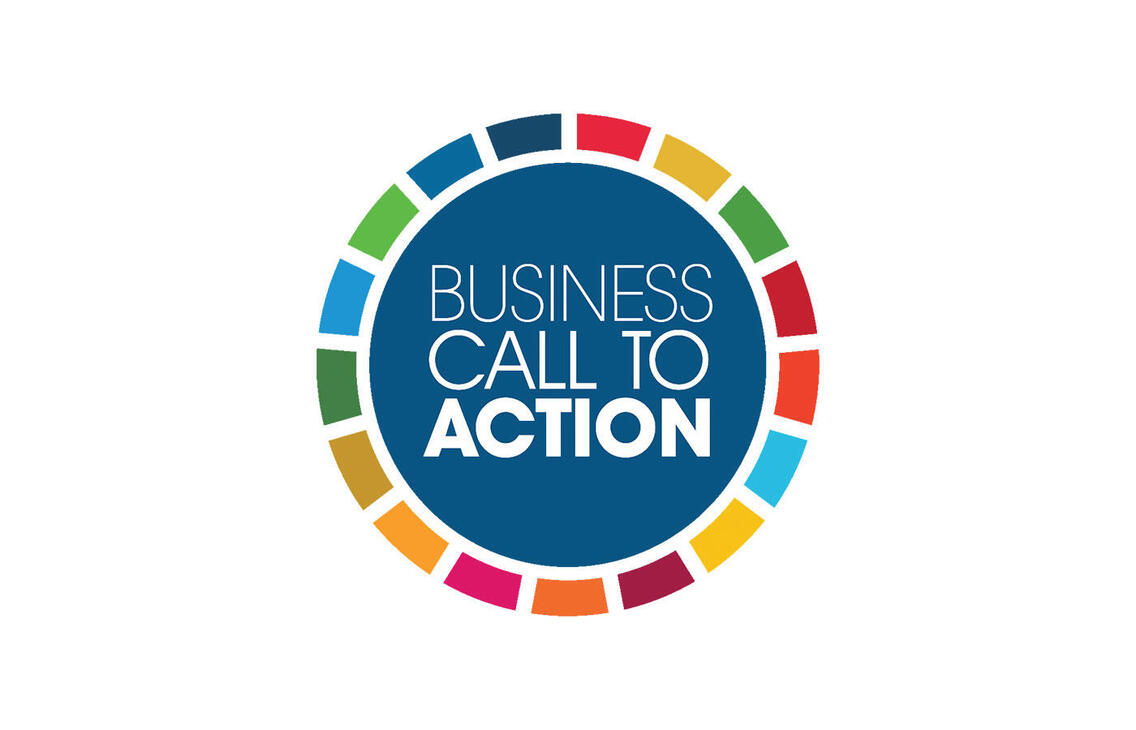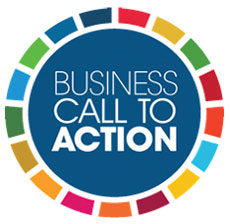Bemberg™ businesses contribute to India's textile and fashion
Asahi Kasei renewed its membership in the Business Call to Action (BCtA) led by the United Nations Development Programme (UNDP) in February 2021 with businesses in India for Bemberg™ regenerated cellulose fiber (cupro).
Since joining BCtA in 2016, Asahi Kasei's support for stakeholders in the Bemberg™ value chain in India from raw material to garment as well as our collaboration with academia have been highly evaluated as a business model combining commercial activities and sustainable development.
While continuing to create new employment opportunities in the textile industry in India and to foster young talent that will lead the next generation of India's fashion industry, we are additionally advancing plans to install industrial wastewater treatment systems which are essential for the environmentally friendly sustainable development of the textile industry.
Bemberg™ is the brand name of a regenerated cellulose fiber made from cotton linter, the fuzz around cotton seeds. It is widely used for the lining of high-quality suits as well as many other applications such as outerwear, innerwear, bedding, and sportswear. Proving to be a circular economy oriented ingredient, the fiber is driven by innovation and responsibility together with design. Being made from the smart-tech transformation of cotton linters pre-consumer materials and converted through a traceable and transparent closed loop process, the DNA of the fiber is purely based on the circular economy approach. Bemberg™ fiber is participating to some of the most cutting-edge design innovations on planet Fashion, showing itself a sustainable, responsible and innovative material.
Outline of Bemberg™ business in India
This is the 45th year since Bemberg™ yarn was first exported to India in 1976. Traditional garments worn by many women are made of Bemberg™ in India. With export volumes growing to over 4,000 tons per year, India is currently at the heart of the Bemberg™ business.
Through direct and indirect involvement in the Bemberg™ value chain in India from raw material to garment, Asahi Kasei contributes to the development of techniques and the growth of human resources in India including the enhancement of skills, the securement of stable incomes, and the creation of new employment opportunities. Asahi Kasei procures from India a great amount of the cotton linter used for the production of Bemberg™ yarn. To support local manufacturers, Asahi Kasei lends equipment to remove linter from cotton seeds free of charge, and has our own engineers provide the local workers with training and technical instructions for improving productivity. Cotton linter imported to Japan is processed into Bemberg™ yarn, which is exported to India and sold to weavers. Asahi Kasei also provides ongoing technical guidance on weaving and dyeing in the fabric production process in India.
Asahi Kasei also focuses efforts on the education of young people and students who will lead the next generation of India's textile and fashion industry, and contributes to human resource development by supporting the enhancement of skills at several Indian universities.
-
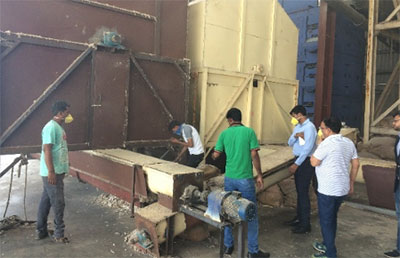
Lending equipment to a cotton linter supplier for free -
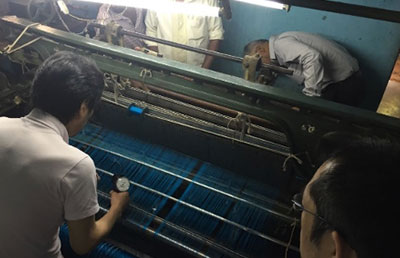
Technical support for a local weaver -
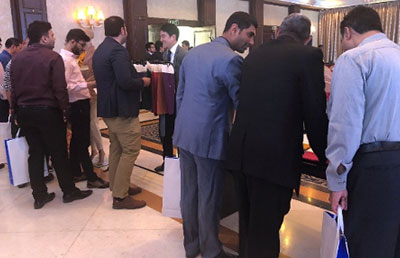
Fabric development seminar for local weavers -
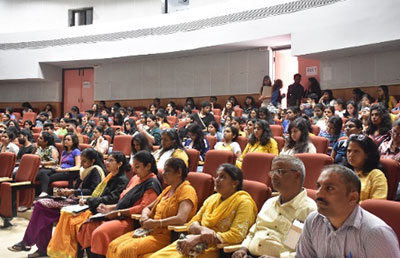
Lecture at National Institute of Fashion Technology (NIFT), Bengaluru -

Traditional garments made with Bemberg™ (designed by Hemang Agrawal) -
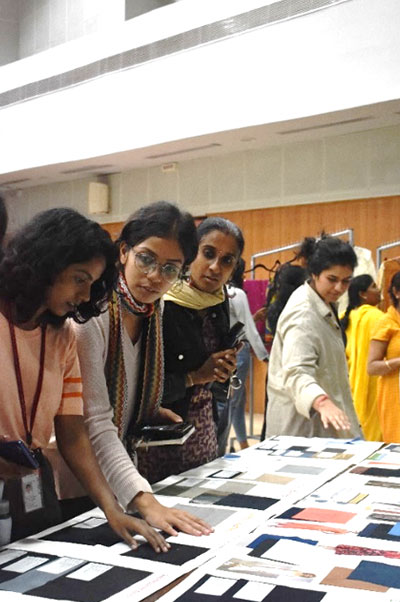
Education support at NIFT, Bengaluru
More information regarding Asahi Kasei's BCtA activities is available on the following website:
https://www.asahi-kasei.co.jp/fibers/en/bemberg/sustainability/sdgs.html
United Nations Development Programme (UNDP):
UNDP is the leading United Nations organization fighting to end the injustice of poverty, inequality, and climate change. Working with our broad network of experts and partners in 170 countries, we help nations to build integrated, lasting solutions for people and planet.
Business Call to Action (BCtA)
A multilateral alliance between donor governments launched at the United Nations in 2008, Business Call to Action (BCtA) is an inclusive business advocacy platform and global membership network of companies advancing commercially sustainable core business solutions to tackling poverty and inequality and contributing to the Sustainable Development Goals. BCtA's 280+ member companies range from multinational corporations to growth-stage startups, represent a wide variety of sectors and operate inclusive business models in 82 countries.
